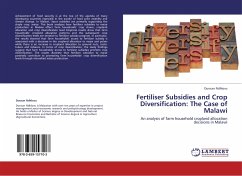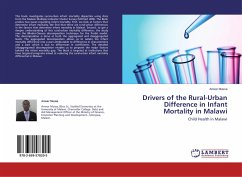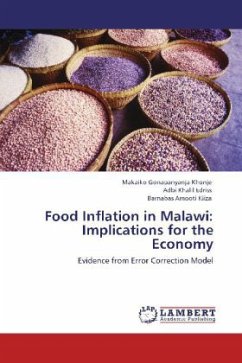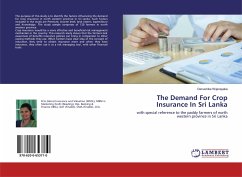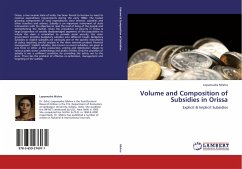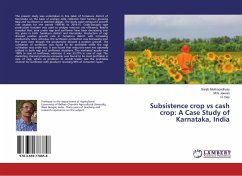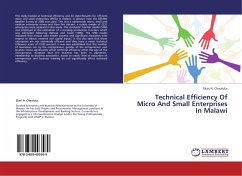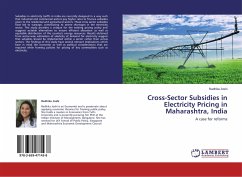Achievement of food security is at the top of the agenda of many developing countries especially in the awake of food price volatility and climate change. In Malawi, input subsidies are primarily supporting the staple crop, maize. This book analyzes how fertilizer subsidies to maize production in Malawi affect farm households crop choice, cropland allocation and crop diversification level. Empirical results show that farm households cropland allocation patterns and the subsequent crop diversification levels are sensitive to fertilizer subsidy program. In particular, the results showed that farm households access to fertilizer subsidy is associated with a decrease in the cropland allocation to maize and pulses while there is an increase in cropland allocation to ground nuts, roots-tubers and tobacco. In terms of crop diversification, the study findings suggest that farm households access to fertilizer subsidies promote crop diversification. The results illustrate that fertilizer subsidies to maize positively contribute to promoting farm households crop diversification levels through intensified maize production.

